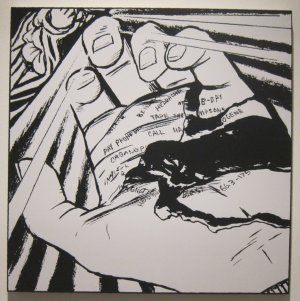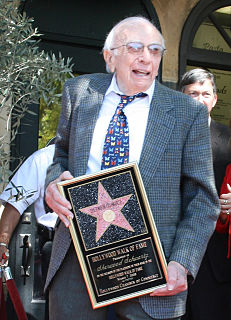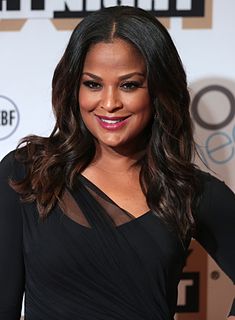A Quote by Dusty Hill
We can't figure out why any time we play in the East, the critics either ignore us or write a pretty bad review of the show.
Related Quotes
Any negative review you write, they'll say, "Oh, you're being so mean." I think the problem with a lot of criticism is that too many critics either write just description or they write in a Mandarin jargon that only a handful of people can understand, or they write happy criticis - everything is good that they write about. I think that's really not good. I think it's damaged a lot of our critical voices.
I read reviews of critics I respect and feel I can learn something from. Right now there are a lot of bottom-feeder critics who just have access to a computer and don't necessarily have an academic or cinema background that I can detect, so I tend to ignore that and stay with the same top-tier critics that I've come to respect. I like reading a good review - it doesn't have to be favorable, but a well-thought-out one - because I very much appreciate the relationship of directors and critics.
There's only one why. You only have one why, and your why is fully formed by the time you're 17, 18 or 19years old, maybe even earlier. The rest of your life are simply opportunities to either live in or out of balance and the career choices we make and the decisions we make in our lives either put us in balance with our why, which makes us happy, fulfilled and inspired. Or it puts us out of our why, which makes us frustrated, stressed out and sometimes we fail.
One thing I noticed over time is that if I got a bad review, usually the bad part of it was at the very end. I could tell that nobody read the whole review because they would just say, "It was great to see the review!" In a way, my brain shuts down at the end of an article. It doesn't really want to go to the end.
Culture and society determined sexual desirability as what makes us important so long that it's part of our sensibility from birth.Little girls know. From around 2 or 3, the pretty ones already know how and why they get attention. And how quickly they learn to play it. Use it. And how quickly the rest of us figure out we don't have it.
If you're having a bad day the main thing on the mental side is realizing that I'm having a bad day and thinking about why and then just kind of re-prioritizing and saying, "I'm going to let myself have this bad day, but tomorrow I'm going to get back on track." That's pretty much it. We all have them. You do have to let yourself have them and then go within and figure out why you're having it and prevent it from happening again.
Writers are funny about reviews: when they get a good one they ignore it-- but when they get a bad review they never forget it. Every writer I know is the same way: you get a hundred good reviews, and one bad, andyou remember only the bad. For years, you go on and fantasize about the reviewer who didn't like your book; you imagine him as a jerk, a wife-beater, a real ogre. And, in the meantime, the reviewer has forgotten all about the whole thing. But, twenty years later, the writer still remembers that one bad review.




































